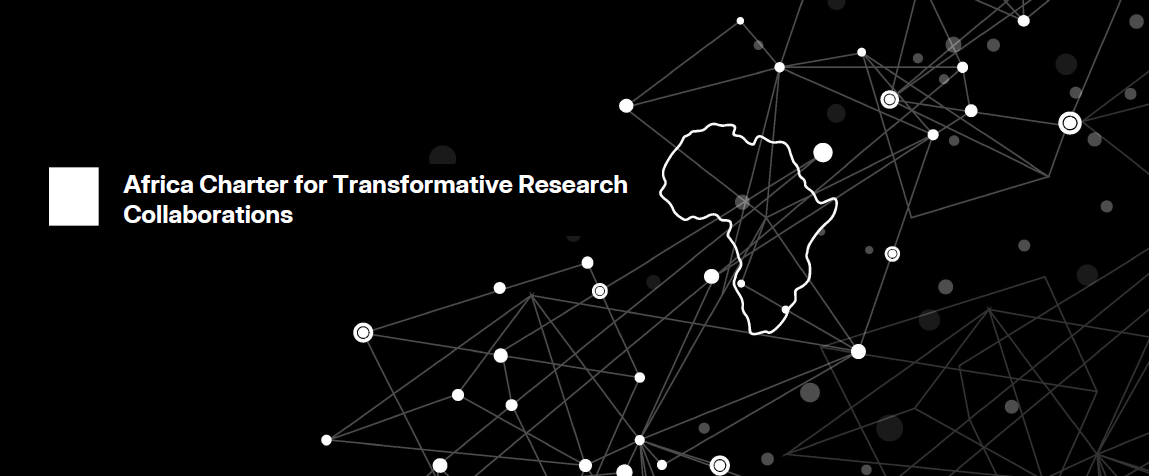Suffering exam-result stress? Relieve the strain with one simple piece of advice.
New research from Royal Holloway, University of London, published today in Cognition and Emotion suggests that adopting a ‘this too shall pass’ attitude and mentally projecting themselves into the future could help teenagers deal with stressful situations.
With results day looming, stressed teens should imagine themselves several years in the future. Such mental projection could help teens deal with stress, reminding them that no matter what happens, their current situation is only temporary.

Royal Holloway still has places left on courses through clearing
The power of mental time travel
“Our research suggests that telling young people to picture themselves far into the future, where a stressful situation like results day is long gone, is an effective way to help them cope. Much like an adult in a traffic jam, or being forced to sit through a meeting they’d rather not be in, imagining a point after the situation is over can be an effective stress reliever,” said Dr Catherine Sebastian from the Department of Psychology at Royal Holloway.
“We had thought that adolescents may be less able to control their emotions using this strategy, either because they have less experience with stressful situations, or because they have less of an idea of what their future will look like,” explains Dr Saz Ahmed, also from the Department of Psychology at Royal Holloway.
“However, our findings show that this assumption is wrong,” continues Dr Sebastian. “When you ask teens to think about an issue in the long term, they are more than capable of looking at a problem in context – as a small part of their lives. Their current situation may be stressful but with a little guidance they are able to see the blue skies beyond the storm.”
Looking forward, not back
The researchers asked young people aged 12-22 to think about a set of specific scenarios. Some were negative, like failing an exam, and some were neutral, like a room being painted. When thinking about the negative scenarios, adolescents were more effective at reducing their stress levels when looking into the distant future (between one and ten years) than when looking into the near future (days, weeks or months), or just reacting naturally. Those who chose to project themselves further ahead in time seemed to be more successful in reducing their distress, suggesting that the length of time chosen is important – it’s not just a case of simply distracting yourself from the present moment.
“We have known for a long time that distancing – mentally placing yourself further away from a situation that you’re in – works for adults as a coping strategy for stress, but what we’ve now shown is that this also works for young people,” explained Dr Ahmed. “Next, we are interested in understanding more about adolescents who may be less effective in managing strong emotions, for example those who react aggressively to frustrations and setbacks.”.
Find out more about clearing at Royal Holloway and apply for a place.
























